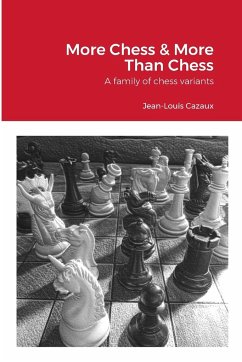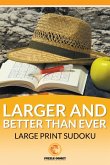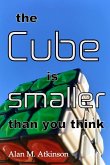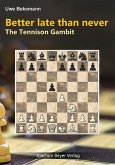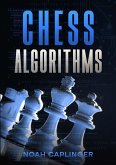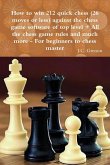History tells us that since the obscure age of the invention of chess, many attempts have been made to incorporate alternative boards and pieces with different moves and powers. Even if they have often been seen as a distraction, sometimes as a heresy, interest in chess variants has never stopped. Now, in the age of computers, artificial intelligence and global networks, this interest is more active than ever. Hundreds of chess variants are created every year, some meeting with success. The largest quantity of variants involves unorthodox pieces, often played on boards larger than the usual one of 64 squares. This is the vast area that this book explores. The author presents some of his most successful creations, such as Shako and Metamachy, together with a selection of brilliant games from other inventors. These chess variants are presented in detail and illustrated with diagrams and examples of play. An online appendix invites the reader to continue the exploration by playing the games on the Internet. No doubt they will be a source of inspiration for the next generation of players and insatiable creators.
Hinweis: Dieser Artikel kann nur an eine deutsche Lieferadresse ausgeliefert werden.
Hinweis: Dieser Artikel kann nur an eine deutsche Lieferadresse ausgeliefert werden.

